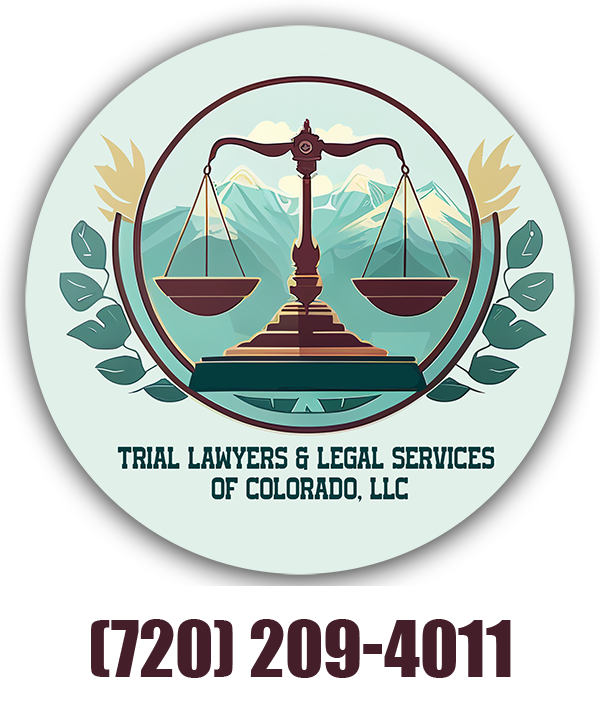Bankruptcy Filings Both Simple Consumer and Complex Commercial
“A Solution To Starting Over”
Trial Lawyers & Legal Services of Colorado, LLC Bankruptcy Filings – Legal Counsel
Here are some key points about bankruptcy law:
- Purpose: Bankruptcy law provides a legal process for individuals and businesses to resolve their debts.
- Types of bankruptcy: There are several types of bankruptcy, including Chapter 7 (liquidation), Chapter 11 (reorganization), and Chapter 13 (repayment plan).
- Eligibility: To be eligible for bankruptcy, an individual or business must meet certain criteria, such as being unable to pay debts and passing a means test.
- Automatic stay: Filing for bankruptcy triggers an automatic stay, which stops creditors from pursuing collection actions.
- Discharge of debts: In a bankruptcy case, the court may discharge some or all of the debts owed by the debtor.
- Exemptions: Certain assets, such as a primary residence or retirement savings, may be protected from being seized to pay creditors.
- Trustee: A trustee is appointed by the court to oversee the bankruptcy case and ensure that creditors are paid as much as possible.
- Credit impact: Filing for bankruptcy can have a significant impact on a person’s credit score and ability to obtain credit in the future.
Legal representation: It is recommended to have legal representation when filing for bankruptcy, as the process can be complex and legal requirements vary by jurisdiction.
Sapientia est quaedam potentia intelligentis
Understanding Federal Bankruptcy Law
Federal bankruptcy law is a set of laws and regulations that govern the process of filing for bankruptcy in the United States. This law provides a framework for individuals and businesses to reorganize or discharge their debts and regain control of their finances.
Here are some key points about federal bankruptcy law:
- Jurisdiction: Federal bankruptcy law is governed by the U.S. Bankruptcy Code and applies to all states in the country.
- Types of bankruptcy: There are several types of bankruptcy that can be filed under federal law, including Chapter 7 (liquidation), Chapter 11 (reorganization), and Chapter 13 (repayment plan).
- Eligibility: To be eligible for bankruptcy, an individual or business must meet certain criteria, such as being unable to pay debts and passing a means test.
- Automatic stay: Upon filing for bankruptcy, an automatic stay goes into effect, which stops creditors from pursuing collection actions against the debtor.
- Discharge of debts: Bankruptcy law provides for the discharge of some or all of the debts owed by the debtor, depending on the type of bankruptcy filed and the specific circumstances of the case.
- Exemptions: Certain assets, such as a primary residence or retirement savings, may be protected from being seized to pay creditors.
- Trustee: A trustee is appointed by the court to oversee the bankruptcy case and ensure that creditors are paid as much as possible.
- Credit impact: Filing for bankruptcy can have a significant impact on a person’s credit score and ability to obtain credit in the future.
- Legal representation: It is recommended to have legal representation when filing for bankruptcy, as the process can be complex and legal requirements vary by jurisdiction.
Understanding federal bankruptcy law is important for individuals and businesses seeking relief from financial distress, as it provides a process for resolving debt and starting fresh.
IT’S IMPORTANT TO GET GOOD LEGAL ADVICE ABOUT FILING FOR BANKRUPTCY PROTECTION

